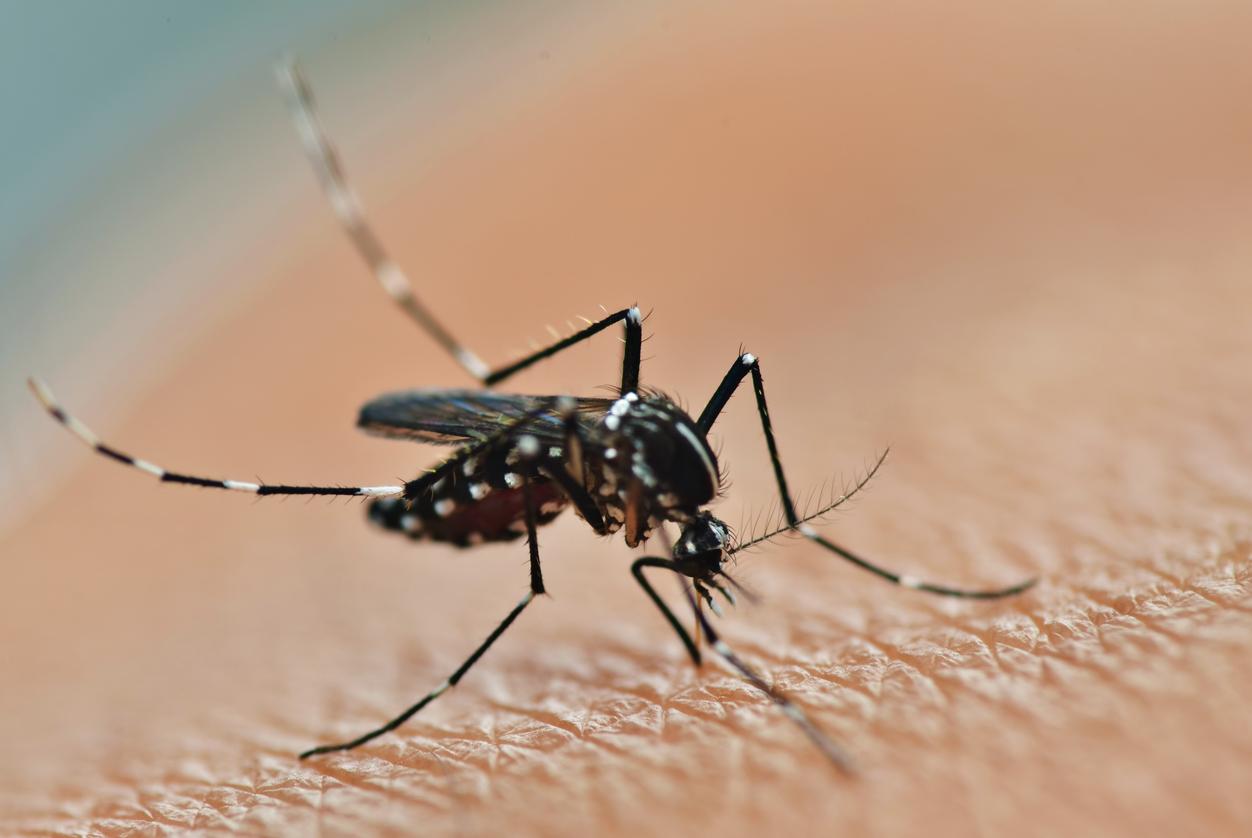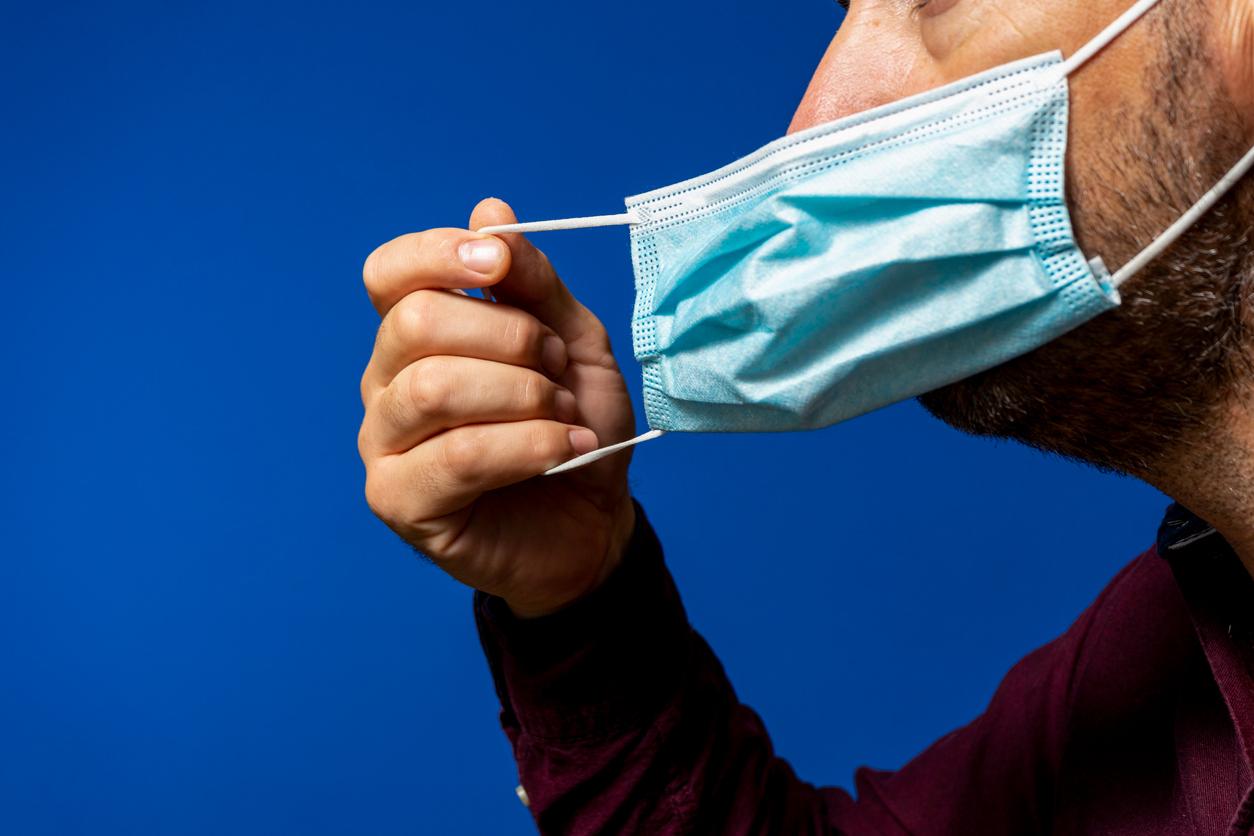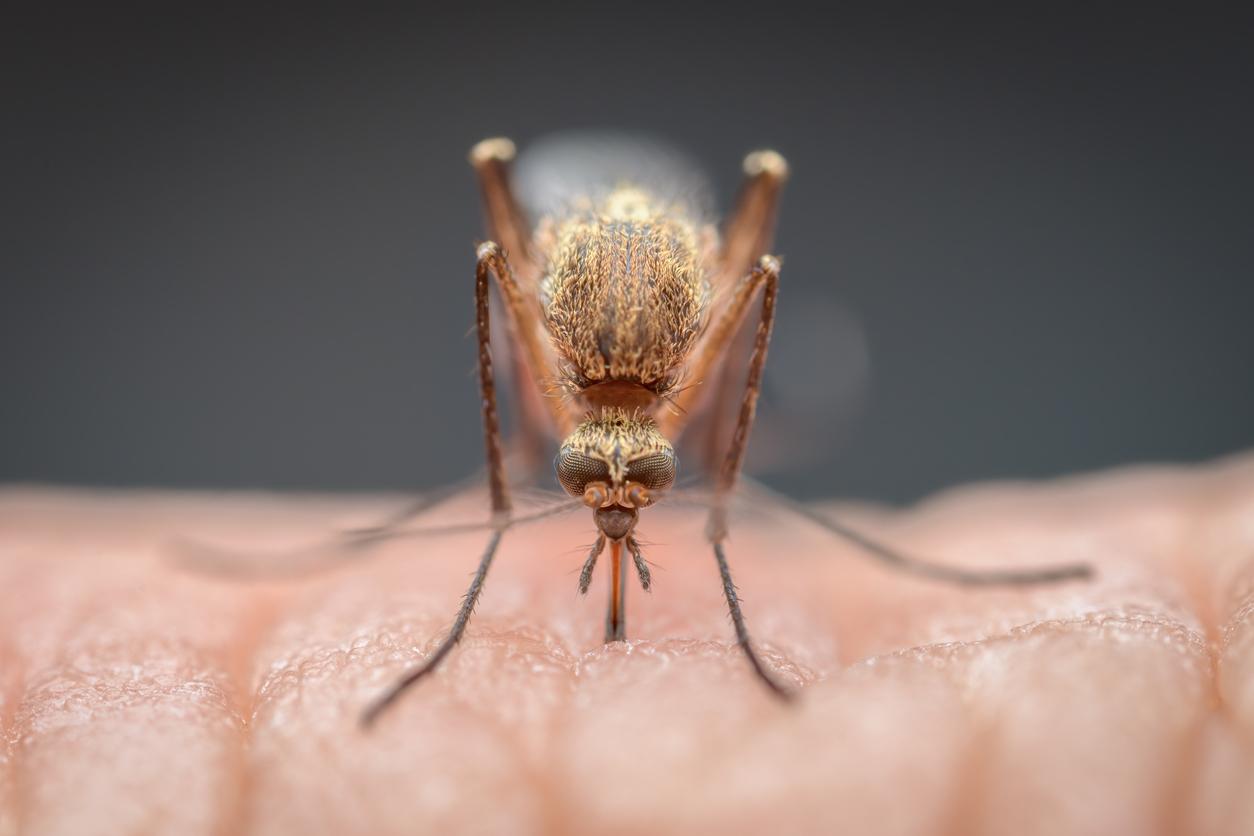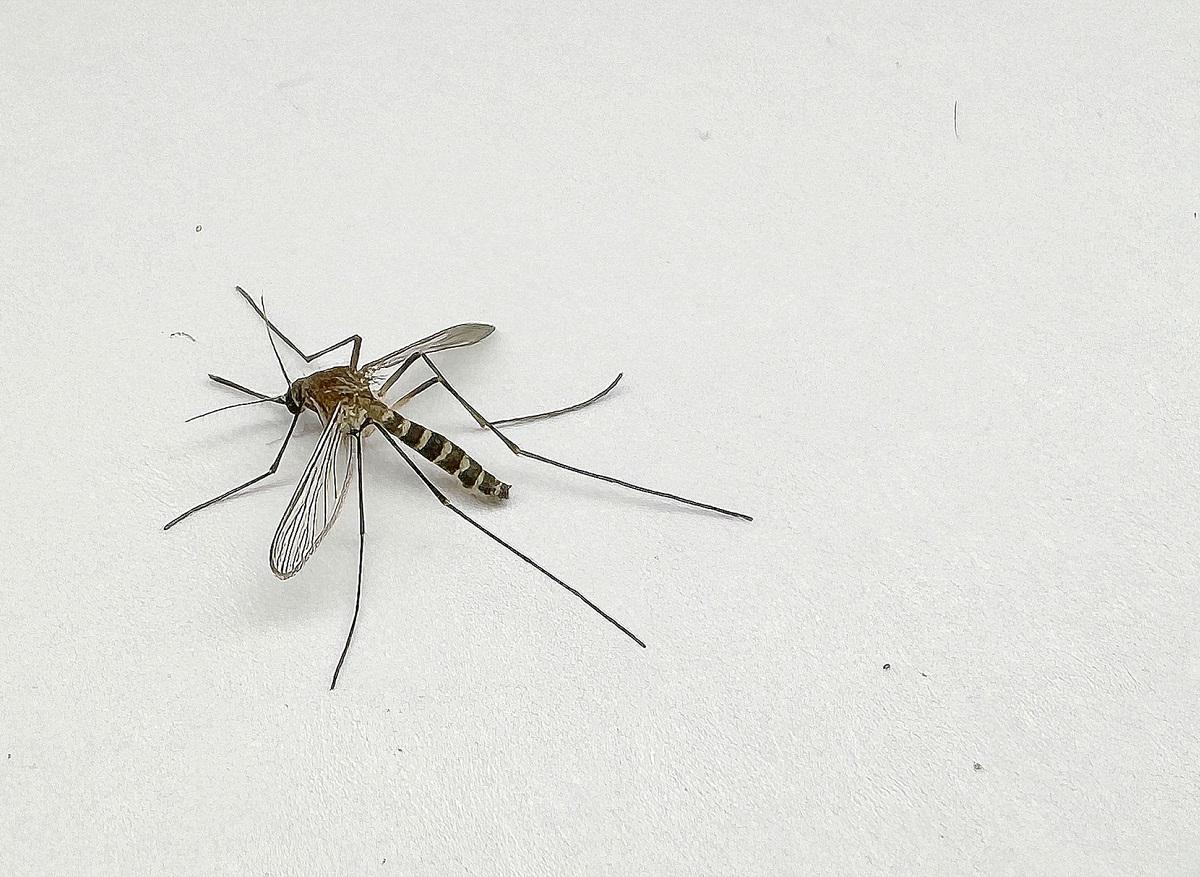American researchers have discovered that toothbrushes and shower heads are teeming with viruses.
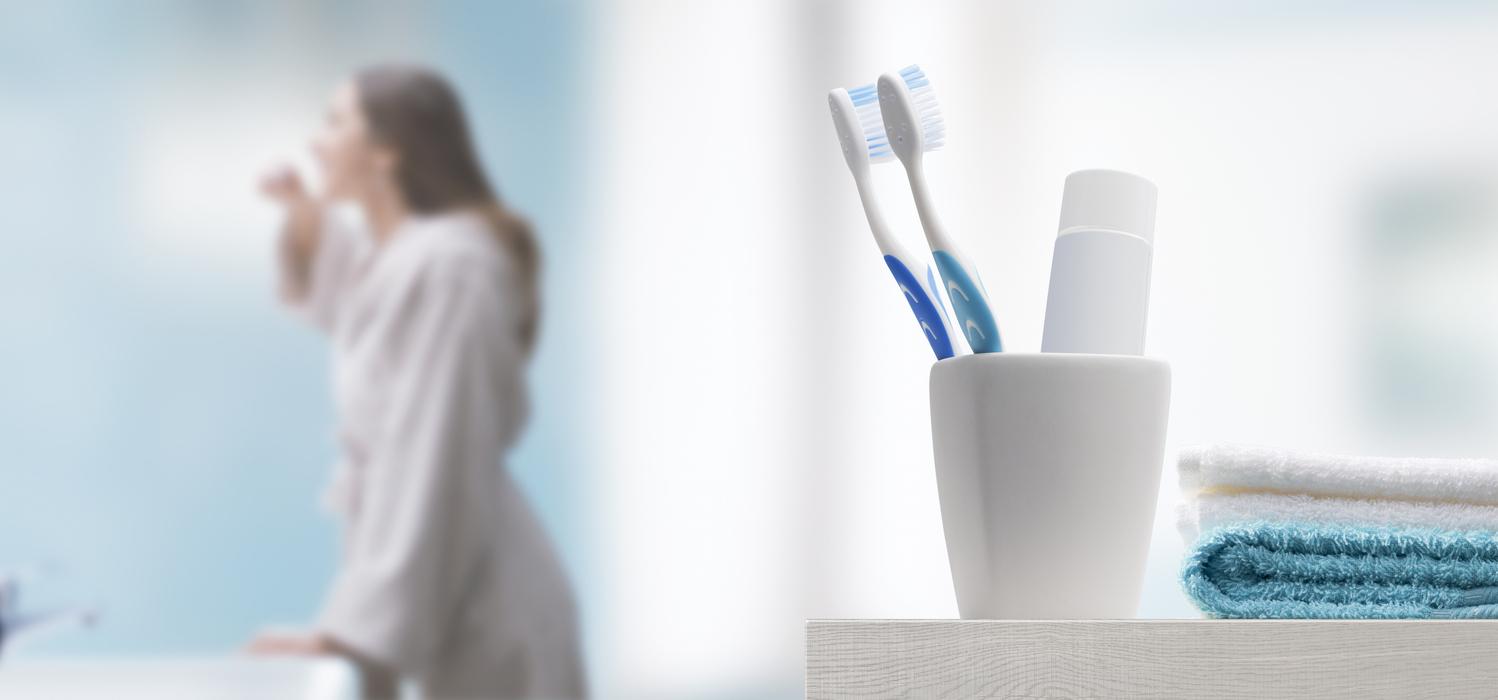
- More than 600 different viruses were present in samples taken from toothbrushes and shower heads.
- The composition was also always different.
- These were mycobacteriophages, viruses that are harmless to humans.
If your toothbrush is an essential part of your oral hygiene, you will no longer look at it the same way after reading the work of Northwestern University.
Microbiologists have discovered that not only toothbrushes but also shower heads harbor a very diverse collection of viruses, most of which have never been observed before.
However, good news: humans would not be their target of choice.
Bathroom: more than 600 viruses per sample
The researchers analyzed samples taken from 34 toothbrushes and 92 shower heads. “This project started out of curiosity”explains study director Erica Hartmann in a press release. “We wanted to know what microbes live in our homes. If we think about indoor environments, surfaces like tables and walls are really tough for microbes to tolerate. Microbes prefer environments with water. And where is the water? In our shower heads and on our toothbrushes.”
Analyzes revealed that the samples included more than 600 different viruses, and no two samples were identical.
“We found virtually no overlap between the types of viruses found in shower heads and toothbrushes”declares the expert. “We also saw very little overlap between two samples. Each shower head and each toothbrush is like a little island in its own right. This just highlights the incredible diversity of viruses that exist.”
Toothbrush, shower head: these viruses are not a threat
However, it is not necessary to bleach your bathroom. These viruses are not a threat to humans. They mainly belong to the phage family, and more precisely mycobacteriophages. These infect mycobacteria, a pathogenic species responsible for diseases such as leprosy, tuberculosis and chronic lung infections.
“Germs are everywhere, and the vast majority of them will not make us sick”specifies the author of the article published in the journal Frontiers in Microbiomes. “The more we attack them with disinfectants, the more likely they are to develop resistance or become more difficult to treat. We should all embrace them.”says Erica Hartmann.
She also adds that mycobacteriophages could one day be used for humans. “We might look at taking these mycobacteriophages and using them as a way to eliminate pathogens from your plumbing system. We want to look at all the functions these viruses might have and figure out how we can use them.”











